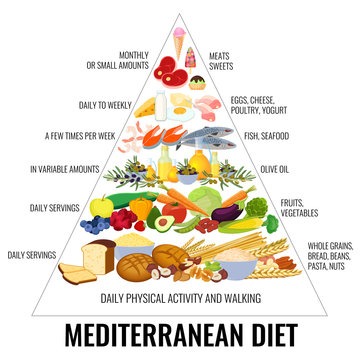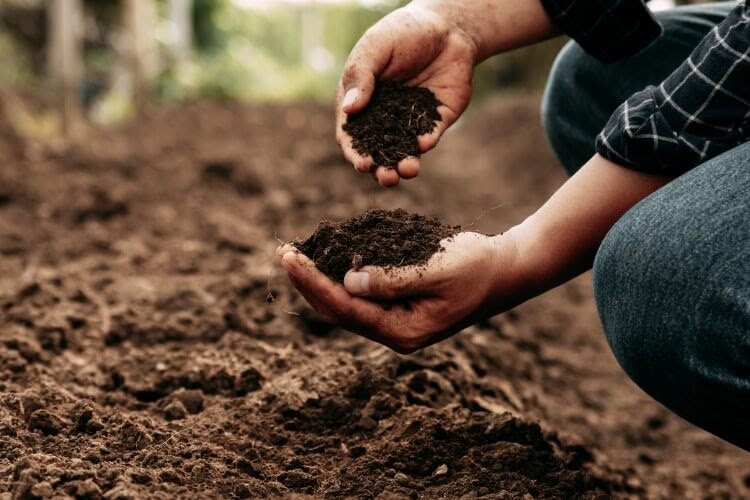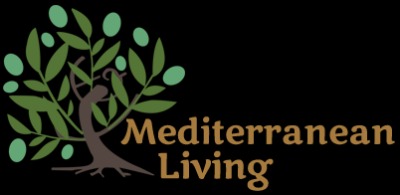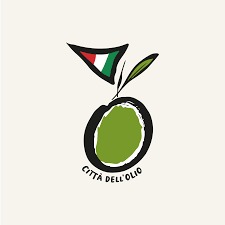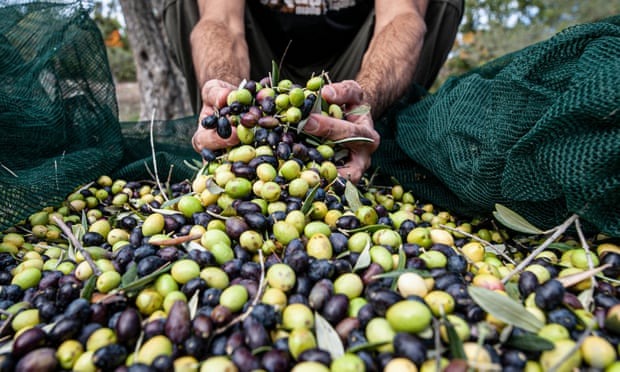
Producers Groups
Oct. 5, 2024
Producer and interbranch organisations
The European Commission supports farmers' participation in producer and interbranch organisations.
Enhancing farmers' bargaining power
There are 11 million farmers in the EU, many of whom work on relatively small family farms which operate independently of each other. By contrast there is a far higher concentration amongst both processors and retailers. This asymmetry of bargaining power makes it difficult for farmers to defend their interests when negotiating with other actors in the supply chain.
To strengthen farmers’ collective bargaining power, the EU supports farmers who wish to work together in producer organisations. Additionally, it also supports those that wish to work with their partners from the manufacturing and trading side of the food supply chain as part of what are known as interbranch organisations.
Producer organisations
Producer organisations (POs) or associations of producer organisations (APOs) help farmers reduce transaction costs and collaborate when processing and marketing their products. Producer organisations strengthen the collective bargaining power of farmers by:
- concentrating supply
- improving marketing
- providing technical and logistical assistance to their members
- helping with quality management
- transferring knowledge.
The EU acknowledges the special role played by producer organisations and as a result, they can ask for recognition from the EU country they are based in. POs can take different legal forms, including agricultural cooperatives. Recognised POs can benefit from:
- exceptions from EU competition rules for certain activities, such as collective negotiations on behalf of their members, planning of production or certain supply management measures;
- access to EU funding within ‘operational programmes’ in the fruit and vegetables sector, such as those to support collective investment in logistics for the benefit of their members.
In numbers
There are around 3,400 recognised POs in the EU (as of 2017). They mainly operate in three sectors:
Only three EU countries do not have any recognised PO: Estonia, Lithuania and Luxembourg.
Number of recognised POs by EU country
As of 2017, eight EU countries recognised 80 APOs: France (30), Italy (19), Germany (9), Spain (7), Hungary (7), Greece (4), Belgium (3), and Poland (1).
Criteria for recognition
In order to be recognised, a PO in any agricultural sector must:
- have been set up on the initiative of producers;
- be made up of and controlled by producers of a specific agricultural sector;
- file a request with the EU country it is based in;
- carry out at least one of the activities listed by EU law, such as joint processing, distribution, transportation or packaging;
- follow at least one of the specific aims mentioned in agricultural legislation, such as optimising production costs or developing initiatives in the area of promotion and marketing.
In addition, POs need to meet some additional criteria such as having a minimum number of members and/or covering a minimum volume or value of products. There are also certain requirements with regard to their statutes. In particular, these must enable their members to scrutinise the organisation democratically.
EU countries may recognise POs upon request. EU countries have to recognise POs from the fruit and vegetables, olive oil and table olives, silkworm, hops and milk and dairy products sectors.
EU countries may also recognise associations of POs, in line with the criteria for POs.
Multi-national producer organisations
Farmers and POs in different EU countries can group together to form transnational POs. In these cases, recognition is granted by the EU country where the PO is headquartered. The headquarters must be in an EU country where it has a significant number of members or member organisations, or a significant volume of marketable production.
Interbranch organisations
Farmers and processors or traders in the supply chain can also come together in interbranch organisations (IBOs). Those organisations adopt measures to govern the chain, without themselves being involved in production, processing or trade. IBOs serve as a platform for dialogue, promoting best practices and market transparency.
EU countries may also recognise IBOs, if the IBO is made up of:
- representatives of the production sector (i.e. farmers);
- representatives of at least one other part of the agro-food supply chain (such as those operating in processing or the distribution of food products).
Recognition of interbranch organisations is optional in most sectors but is mandatory in the olive oil, table olives and the tobacco sectors. IBOs with members in multiple countries are recognised in the same country as their headquarters are based.

